Everything you need to know about specifications and performance - Peugeot 307 307 2004 - 1.6 HDi (109 Hp)

Overview:
What is the engine capacity of a Peugeot 307 2004?
The engine capacity of the Peugeot 307 2004 is 1560.
Peugeot 307 2004 How many horsepower?
The engine power of the Peugeot 307 2004 is 109 Hp @ 4000 rpm..
What is the Peugeot 307 2004 engine?
Peugeot 307 2004 engine is 9HZ DV6TED4. (Click to see other cars using the same engine)
How much gasoline does a Peugeot 307 2004 consume?
The Peugeot 307 2004 consumes 4.9 liters of gasoline per 100 km
General:
Engine:
Performance:
Space:
dimensions:
Powertrain, Suspension and Brakes:
See also
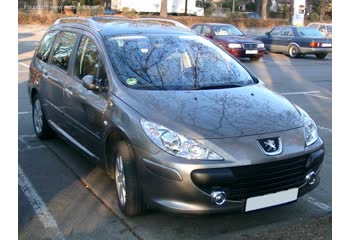
Last generation.
Its production began in 2005 until 2008
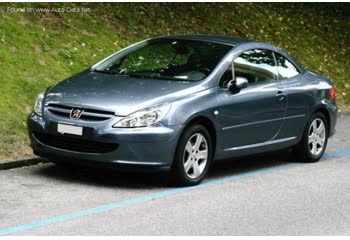
Other generation.
Its production began in 2003 until 2005
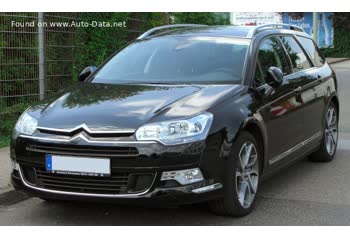
Same engine. (9HZ DV6TED4).
Its production began in 2008 until 2009

Same engine. (9HZ DV6TED4).
Its production began in 2005 until 2008

Same production year and almost the same engine capacity.
Its production began in 2004 until 2010
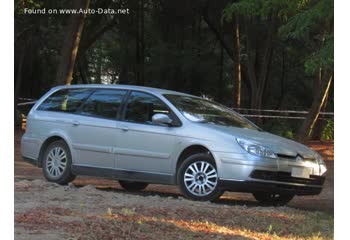
Same production year and almost the same engine capacity.
Its production began in 2004 until 2005
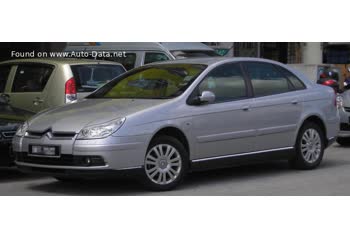
Same production year and almost the same engine capacity.
Its production began in 2004 until 2005

Write a comment